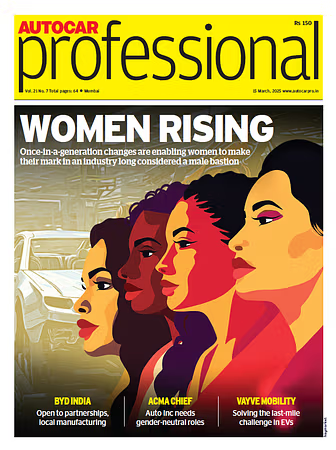FEV opens world’s largest high-voltage battery development centre
Facility can conduct performance and electrical tests, as well as tests on environmental and mechanical impacts and abuse tests for battery cells, modules, and packs, plus other components such as inverters and on-board chargers.
Professor Stefan Pischinger, President and CEO of FEV Group, inaugurated the world’s largest development and test center for high-voltage batteries for passenger and commercial vehicles on September 25, in the presence of Minister President of the federal state of Saxony-Anhalt, Dr. Reiner Haseloff.
The durability testing center (known by its German abbreviation eDLP), set up in Sandersdorf-Brehna, Germany is yet another milestone for the Aachen-based global vehicle developer in its more than 40-year history.
"We look forward to continually enhancing Saxony-Anhalt’s strong expertise in the up-and-coming field of e-mobility with the now completed eDLP and to intensifying the solid longstanding collaboration with FEV as an innovative company and attractive employer in the region,” said Minister President Dr. Reiner Haseloff.
"As a globally leading developer of technologies for electric vehicles, FEV is advancing innovation and forward-looking solutions. With the eDLP, we are providing our customers with proof of this claim once again. After all, in addition to optimal technological support, we can also save development time and costs for our partners,” said Prof. Stefan Pischinger, President and CEO, FEV Group. “We can offer every internationally established test method for batteries on currently 69 systems – all under one roof.”
The state-of-the-art eDLP complex measures 15,500 square metres. Inside, performance and electrical tests are conducted, as well as tests on environmental and mechanical impacts and abuse tests for battery cells, modules, and packs, plus other components such as inverters and on-board chargers. A wide range of climate zones and ambient temperatures can be reproduced – from -40°C to 90°C.
Thanks to a 12,000 m2 photovoltaic system, the energy required to test components is provided almost entirely by power generated from renewable resources.
RELATED ARTICLES
US tariffs will hurt both automakers and US manufacturing: ACEA
European Automobile Manufacturers’ Association says that the EU and the US must engage in dialogue to find an immediate ...
Trump levies 25% tariff on all cars imported to US
President Donald Trump claims new levy on all cars and car parts shipped into the country will create "tremendous growth...
Hyundai opens its third factory in the US: Metaplant America
Hyundai Motor Group Metaplant America's vehicle assembly and battery plant is the key pillar of the Hyundai Motor Group’...






 By Autocar Pro News Desk
By Autocar Pro News Desk
 25 Sep 2020
25 Sep 2020
 9945 Views
9945 Views




































